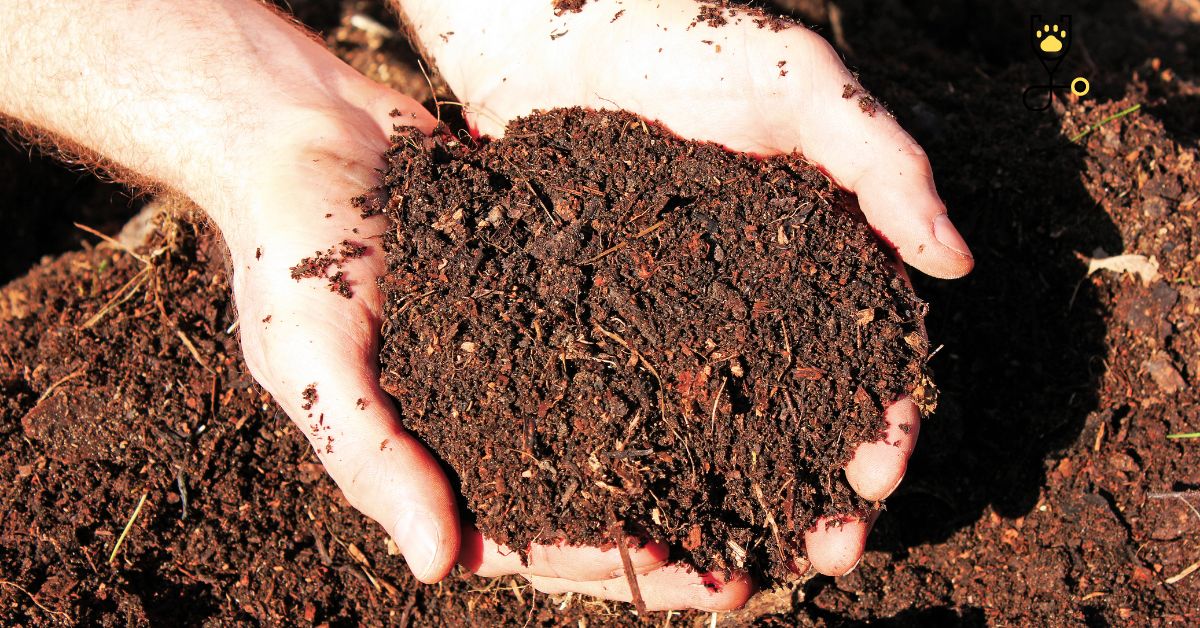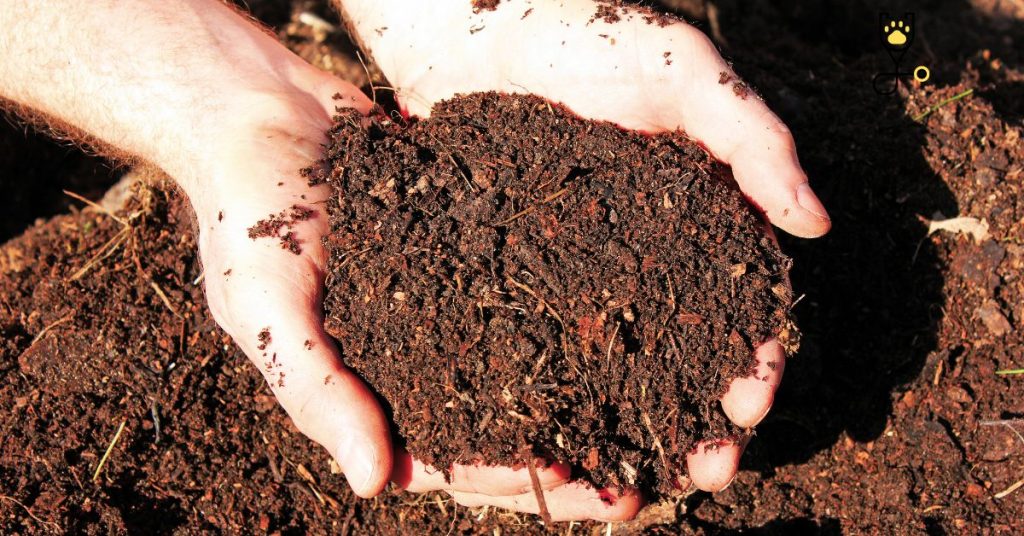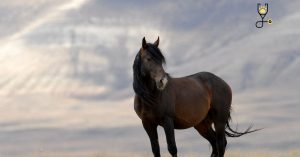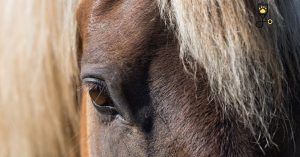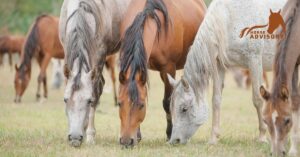You may not think of horse manure as a valuable commodity, but it is! Manure is a great fertilizer for gardens and crops. It’s also full of nitrogen, potassium, and phosphorus, which are essential nutrients for plants. Here are 10 interesting facts about horse manure that you may not know.
What Is Horse Manure?
Horse manure is exactly what it sounds like: the waste excreted from horses. It typically consists of hay, oats, grass, and some other plant material that was digested by the animal. When fresh, horse manure can have a noticeable smell.
Composition
The composition of horse manure is about two-thirds water and one-third solid material. The key components that make up the solid portion are cellulose, hemicellulose, lignin, proteins, minerals, carbohydrates, and fats.
Nutrient Content
Horse manure can be an excellent source of nutrients for plants. It contains nitrogen (N), phosphorus (P), potassium (K), magnesium (Mg), and other trace elements such as calcium (Ca), iron (Fe), manganese (Mn), and zinc (Zn). It also has a high carbon content which helps build organic matter in the soil.
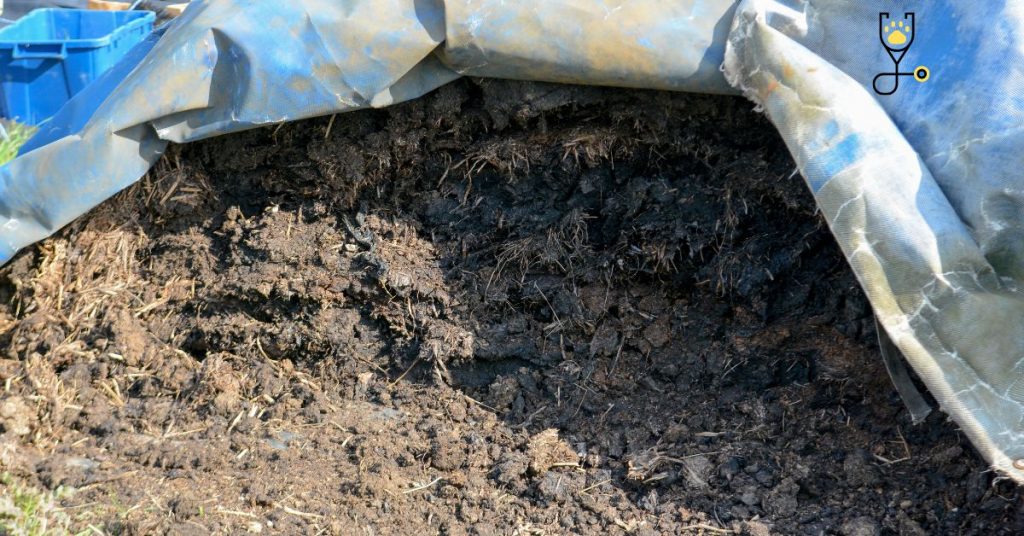
10 interesting facts about horse manure
1. Horse Manure as Fertilizer
Horse manure is a great source of nutrients for soil and gardens. Its high nitrogen, potassium, and phosphorus content make it ideal for enriching the soil and encouraging growth in plants. These fertilizers can also help to reduce the need for chemical fertilizers.
2. Organic Matter
Horse manure contains organic matter, which is beneficial for improving soil structure and preventing compaction. This helps water and air to reach plant roots more easily, resulting in healthier plants.
3. Carbon Content
Horse manure has high levels of carbon, which helps to balance out its nitrogen content and provides an ideal nutrient balance for plants. This makes it a great alternative to artificial fertilizers that can be hard on plants’ delicate root systems.
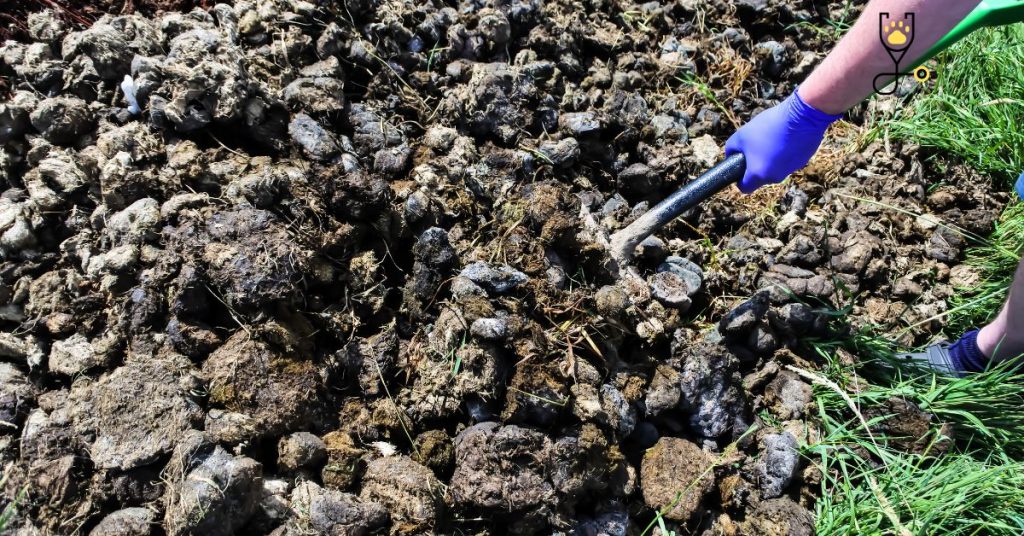
4. Odor Control
Horse manure can have quite a strong smell when fresh, but as it breaks down, the smell dissipates significantly. Composting horse manure with other materials like straw or leaves can help to reduce the odor even further.
5. Pathogens
Horse manure can contain pathogens, which is why it’s important to compost it properly before using it on crops or in gardens. Composting will help to break down pathogens and make them less harmful.
6. Long-Lasting Benefits
Manure from horses can provide long-term benefits for soil fertility and plant health since its nutrients are slowly released over time. This makes it an ideal choice for gardeners who want to maintain healthy soils without having to constantly reapply fertilizer year after year.
7. Heavy Metals
While horse manure has many beneficial properties, it can also contain heavy metals that can be harmful if consumed by humans or animals in large amounts. It’s important to be aware of this and take the necessary precautions when using horse manure as fertilizer.
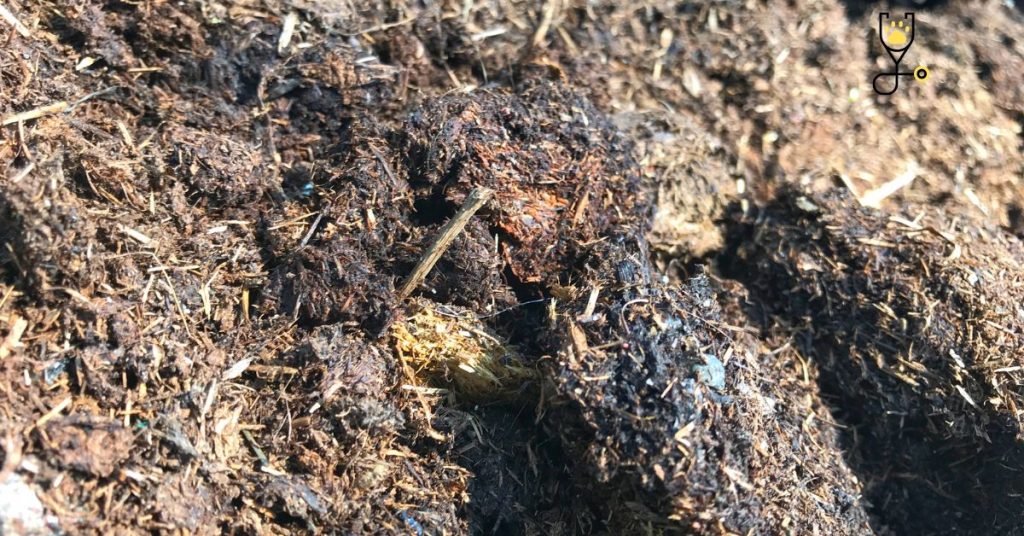
8. Nutrient Balance
Horse manure is richer in nitrogen than cow or sheep manure, but it also has a higher potassium content. This balance of nutrients makes it an ideal choice for gardens that need extra nitrogen and phosphorus but not too much potassium.
9. Natural Resource
Manure from horses is a great natural resource that can help to reduce dependence on chemical fertilizers and improve soil health over time. It’s also a sustainable way to maintain healthy soils without contributing to pollution or waste accumulation.
10. Versatility
Horse manure can be used in multiple ways, such as mulch, compost, or directly as fertilizer. It can also be used to make liquid fertilizer, which can provide more direct benefits to plants.
No matter how you choose to use it, horse manure is an incredibly versatile and useful natural resource. These facts show that horse manure is a valuable commodity and a great way to improve the health of your garden or crop. It’s important to handle it properly and be mindful when using it in order to minimize any risks associated with pathogens or heavy metals. With its high nutrient content and versatility, horse manure is certainly something worth considering for your gardening needs!
Conclusion
Horse manure is an excellent natural resource that can help to improve the health of your garden or crop. With its high nitrogen, phosphorus, and potassium content, as well as its ability to reduce the need for chemical fertilizers, it is an ideal choice for gardeners looking to maintain healthy soils without having to constantly reapply fertilizer year after year. Furthermore, its versatility allows it to be used in multiple ways, from mulch to liquid fertilizer, making it an invaluable resource for any gardener. Use caution when handling horse manure and make sure to compost it properly before using it on crops or in gardens in order to reduce the risk of pathogen contamination. With proper planning, horse manure can be a great addition to your gardening routine! Though it is essential to take precautions when using horse manure, its many benefits make it a great natural resource for gardeners and farmers alike.
Frequently Ask Questions
1. Is horse manure good for the soil?
Yes, horse manure is an excellent natural resource that can help to improve the health of your garden or crop. It’s high nitrogen and phosphorus content make it ideal for maintaining healthy soils without having to constantly reapply fertilizer year after year.
2. Does composting horse manure reduce odor?
Yes, composting horse manure can help to reduce odors, as it helps break down the organic matter and make it less smelly.
3. Does horse manure contain pathogens?
Yes, horse manure may contain harmful pathogens that can be dangerous if consumed in large amounts by humans or animals. It is important to compost it properly before using it on crops or gardens in order to reduce the risk of pathogen contamination.
4. How much horse manure should be used?
It depends on the soil and crops being grown, as well as the number of nutrients needed for optimal growth. Generally, around 10–20 pounds of horse manure per 100 square feet is a good starting point. It’s important to test the soil regularly to ensure it is not becoming overly fertilized.
5. Can horse manure be used as fertilizer?
Yes, horse manure can be used as a fertilizer either directly or after being composted. It’s important to take proper precautions when handling and applying it in order to reduce any risks associated with pathogens or heavy metals. With its high nutrient content and versatility, horse manure is certainly something worth considering for your gardening needs!
